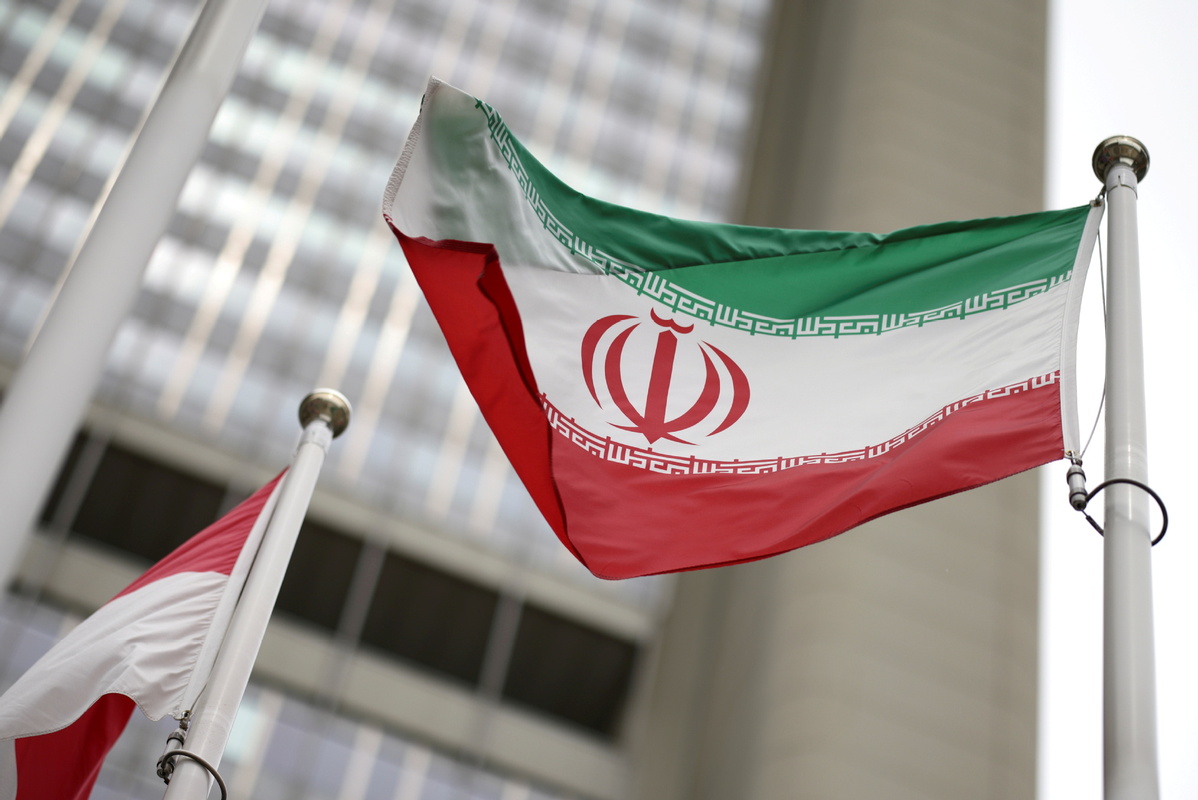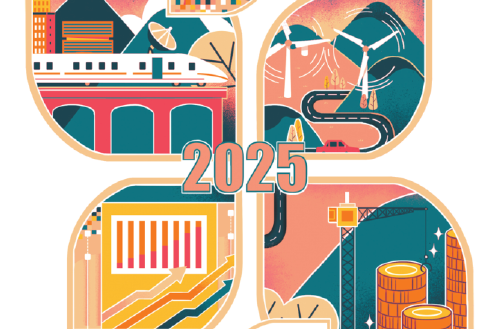US must correct mistakes to revive Iran deal: China Daily editorial


The negotiations in Geneva for reviving the Iran nuclear deal, now in their eighth round, are "on the right track", and approaching a "good agreement", according to Iranian Foreign Minister Hossein Amir-Abdollahian.
Teheran's negotiators sound optimistic. And the atmosphere in Geneva appears constructive, as the Iranian foreign minister cited "good words" from the US delegation there. The only standing obstacle to finally accomplishing the expected agreement, in the words of Amir-Abdollahian, is the United States' sanctions on Iran. And their complete lifting is the one and only request Teheran is sticking to now.
"Lifting sanctions means lifting all forms of sanctions stipulated in the nuclear agreement, and the sanctions that (the previous Donald) Trump (administration) reimposed contradict the terms of the agreement," Amir-Abdollahian said in an interview with Al Jazeera. "We demand guarantees that include not imposing any new sanctions, and not re-imposing sanctions after lifting them under any pretext," he added.
Now the ball is in the US court. After all, what the Islamic Republic is asking for is reasonable and necessary for sustaining an agreement of longstanding significance. Amir-Abdollahian was reported as saying that the US previously had unacceptable demands, but that it seemed to have "adapted to the realities" of the situation.
The Joe Biden administration is keen on rejoining the Iran nuclear deal, known officially as the Joint Comprehensive Plan of Action, because, unlike the Trump administration, it is fully aware of the deal's far-reaching significance to regional and global peace, and US strategic interests in the Middle East.
As a key member of the Barack Obama administration, President Biden, as then US vice-president, knows what it took for the parties to reach an agreement, and what that agreement is worth. He knows what a terrible mistake his immediate predecessor made pulling the US out of the deal, and how imperative it is to get things back on track.
Yet Washington cannot expect the deal to be revived in full if it refuses to clean up the mess it has made. For the deal to be revived an agreement must be reached that satisfies all parties.
The Iranian request is fair and measured. As the party at fault, the US should correct its mistake and provide a guarantee that it won't make the same mistake again. The US has nothing to lose in honoring its treaty commitments. Instead, it has a lot to gain, not least, in going some way toward restoring its international image.
- Troublemaking clique threat to regional stability: China Daily editorial
- Latest wave of infections reinforces commitment to leave no one behind: China Daily editorial
- US-Japan plan for Taiwan warmongering: China Daily editorial
- Lithuania's act of bad faith chased by its lies: China Daily editorial
- Rot in the US system clear to all: China Daily editorial


































